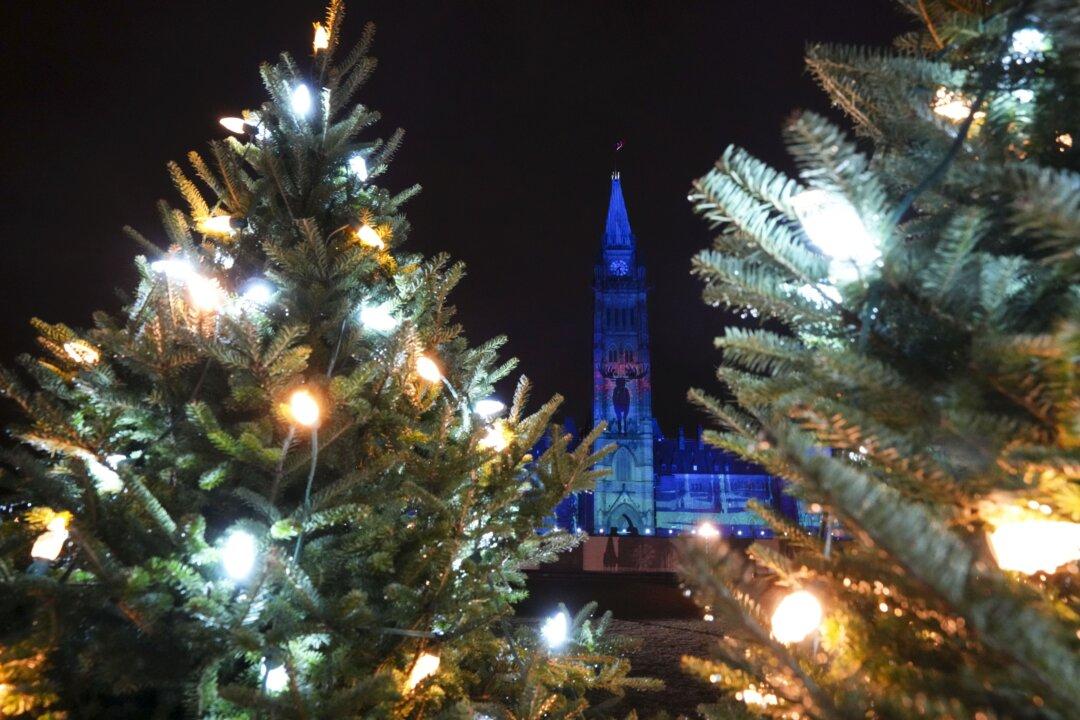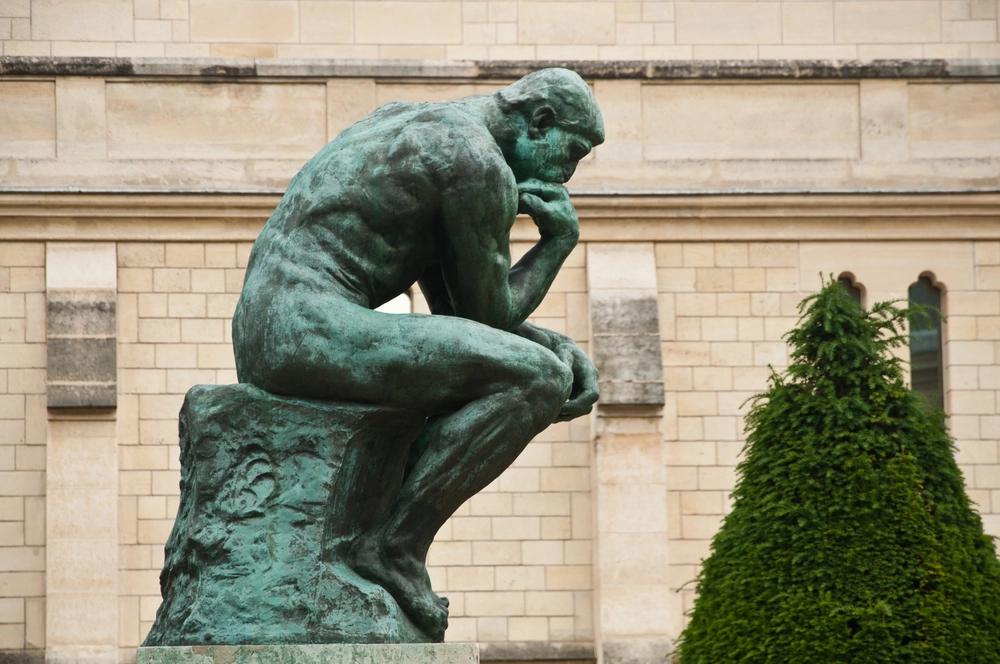Commentary
Apparently we’re now celebrating “Season.” At any rate a retailer just sent me “Season’s Greetings,” as vague about which or why as a newspaper’s antiseptic “Happy Holidays.” I think there’s some sort of clue, about the season at least, in proclamations of “Winter Lights Across Canada,” though according to my telephone this week is actually the darkest of the year. So what light exactly is shining?





